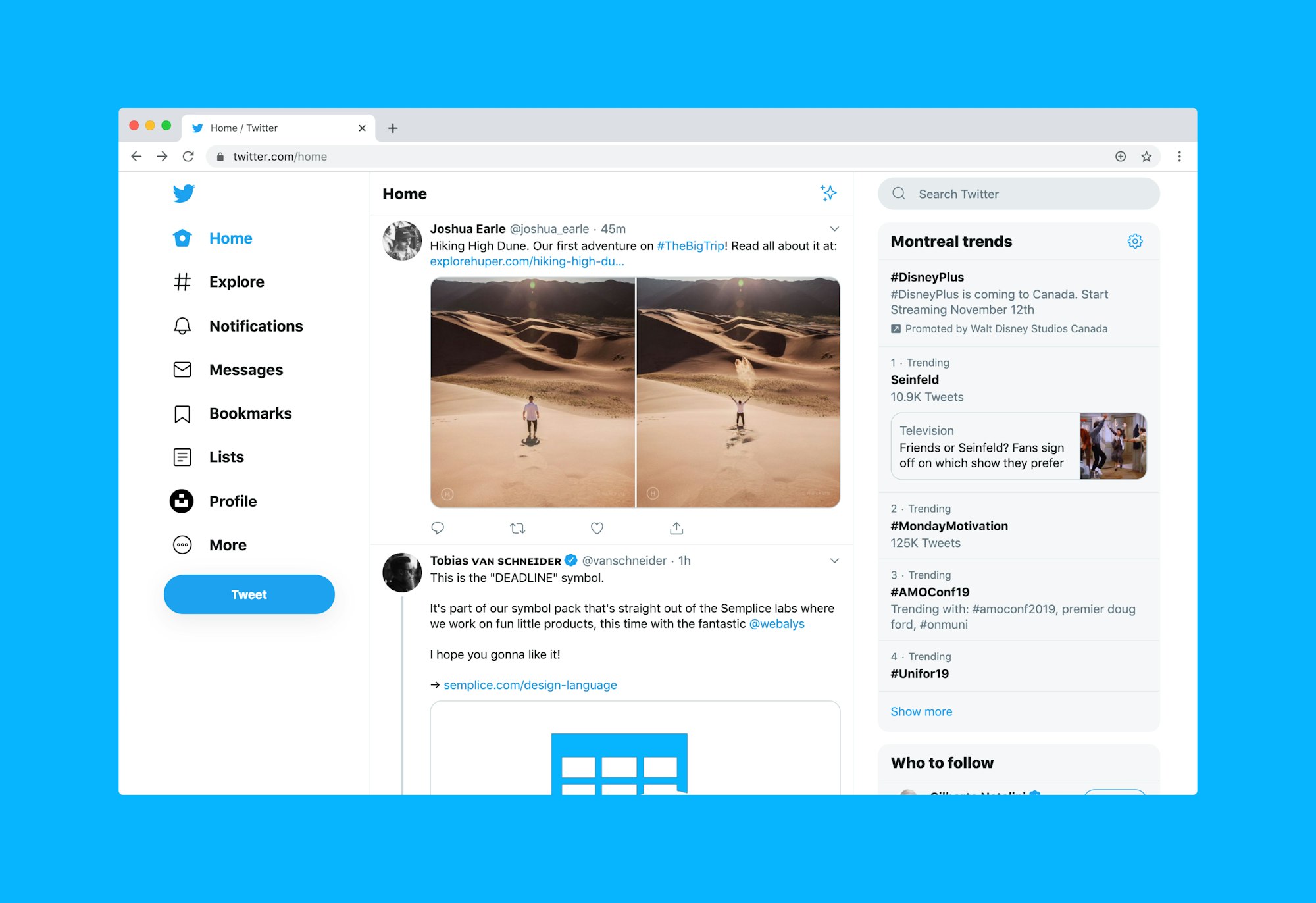Is Sending Screenshots Illegal? A Comprehensive Overview
In this blog post, we will provide an overview of the legal aspects of sharing screenshots, helping you understand when it's appropriate to send them and when it's best to think twice.

Introduction
In today's digital world, taking and sharing screenshots has become an integral part of our daily communication. From capturing important information to sharing amusing moments with friends, screenshots have found their place in various aspects of our lives. However, there are concerns about the legality of sharing screenshots, particularly when it comes to copyrighted content and privacy issues. In this blog post, we will provide an overview of the legal aspects of sharing screenshots, helping you understand when it's appropriate to send them and when it's best to think twice.
Understanding Screenshots and Copyright Law
Screenshots are digital captures of the content displayed on a device's screen. They can be used for various purposes, such as saving information, documenting evidence, or sharing visual content with others. Copyright law, on the other hand, protects the rights of creators and owners of original works, including digital content. Screenshots may infringe upon copyright if they reproduce a substantial portion of a copyrighted work without permission.
Factors Affecting the Legality of Sharing Screenshots
A. Fair use doctrine
- The fair use doctrine allows for the limited use of copyrighted material without permission under certain circumstances, such as for educational purposes, news reporting, or critique.
- Factors determining fair use include the purpose and character of the use, the nature of the copyrighted work, the amount and substantiality of the portion used, and the potential effect on the market value of the copyrighted work.
B. Public domain content
Content in the public domain is not protected by copyright and can be freely used and shared.
C. Consent or permission from the content owner
Obtaining permission from the content owner to share a screenshot can help avoid potential copyright infringement issues.
D. Specific exceptions under different jurisdictions
Different countries may have specific exceptions and limitations to copyright law that could affect the legality of sharing screenshots.
IV. Privacy Concerns and Legal Implications
A. Privacy laws and expectations of privacy in digital communication vary by jurisdiction. Sharing screenshots containing personal or sensitive information without consent can lead to potential legal consequences.
B. When sharing screenshots containing personal information, it's essential to consider the privacy rights of the individuals involved.
C. Legal consequences of sharing private or sensitive information without consent may include civil lawsuits or criminal charges, depending on the nature and severity of the violation.
Ethical Considerations When Sharing Screenshots
A. It's crucial to balance the right to share information with respecting privacy and copyright. Consider the potential impact on others before sharing screenshots.
B. Tips for ethical sharing of screenshots:
- Seek permission from the content owner whenever possible.
- Anonymize sensitive information to protect privacy.
- Be mindful of the potential consequences of sharing the screenshot, both legally and personally.
Conclusion
In summary, the legality of sharing screenshots largely depends on the content being shared, the context in which it's shared, and the applicable copyright and privacy laws. It's essential to be mindful of the legal and ethical implications of sharing screenshots to avoid potential consequences. Using a tool like TinySnap can help you create and share visually appealing and professional screenshots while respecting the rights and privacy of others.